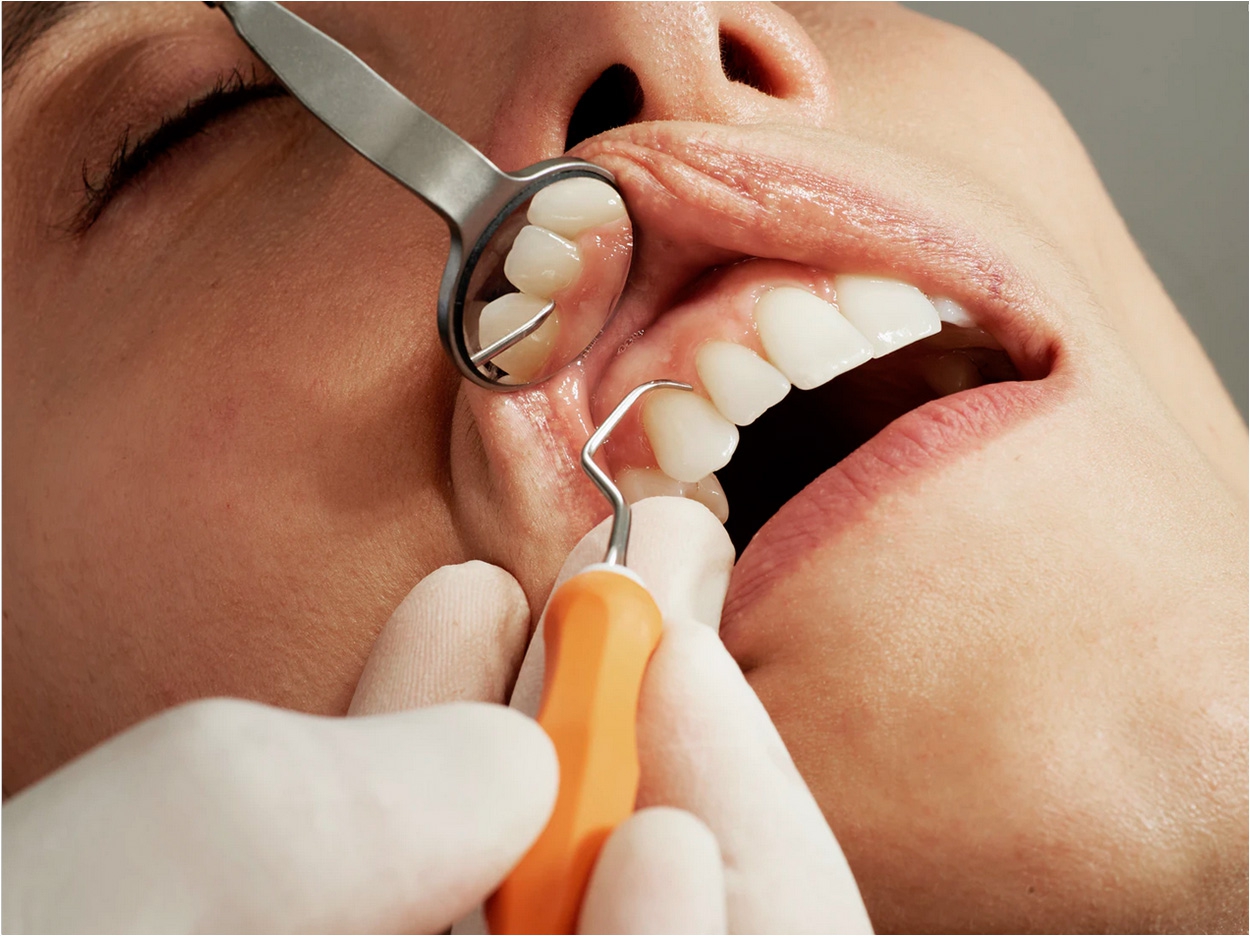
Access to National Health Service (NHS) dental care continues to be a problem for people across England, according to Healthwatch, with the independent watchdog agency recording a 22% rise in calls and complaints about dentistry between January and March 2021.
Healthwatch’s review of 1,375 people’s experiences found a lack of consistency across the country in accessing dental appointments. While some people were asked to wait up to three years for an NHS appointment, those able to afford private care could get an appointment within a week.
Overall, 80% found it difficult to access timely care, 59% reported a negative experience of care, and 3% reported a positive experience.
Also, some people were charged £400 to get one tooth extracted, though one respondent was charged more than £7,000 for dentures provided by private care.
Private treatment is not an option for everyone, Healthwatch said, with many people now struggling to even pay for NHS treatment.
Another Healthwatch poll of 2,019 adults found that 61% of respondents felt that NHS dental treatments were expensive. The poll, which looked at NHS dental experiences during the pandemic and how they impact patients’ future habits, also found:
- 27% said they either struggle to pay or avoid dental treatments altogether because they cannot afford the costs.
- 30% have reported they felt pressured into paying private fees to get all the dental treatment they needed.
- 39% said they had been charged extra for their NHS treatments.
- 23% feel they will now visit the dentist only when they need treatment despite clinical guidelines recommended regular dental checkups to keep their mouths healthy.
Demographic groups who have been affected the most by the lack of NHS dental appointments and NHS dental fees include people on low incomes and those from ethnic minority groups, or the same groups who have been hit worst by the pandemic, Healthwatch said.
Reform of dentistry has been underway since 2009, Healthwatch said. Earlier this year, NHS England announced that it would be taking over the process from the Department of Health and Social Care, but reform plans have yet to be announced.
In a recent report on the future of the NHS, the Lancet Commission said that “an absence of affordability is a major barrier to dental care” and suggested an abolition of patients’ copayments to access and receive dental care.
Healthwatch calls for greater ambition and urgency from NHS dental reform plans to create more equitable and affordable dental care.
“The twin crisis of access and affordability hitting NHS dentistry means many people are not able to access timely care, and the poorest are hardest hit. Those human stories show that oral health is a social justice and equity issue,” said Healthwatch national director Imelda Redmond, CBE.
“Reform of dental contracts needs to be a matter of urgency for this government. New arrangements should include making access to NHS dental services equal and affordable for everyone, regardless of where people live, their income, and ethnicity,” Redmond said.
“Failing to act now will result in long-term harm for thousands of people, putting even greater pressure on the already overstretched healthcare system,” she said.
Gwen Leeming of Brighton has been suffering over the last couple of years with bad infections in two of her back teeth, Healthwatch said. She would take paracetamol and saltwater to help her sore mouth and throat. After being told by her NHS dentist last autumn that they were only open for private patients, it took her six months to see an NHS surgical dentist.
“I am a 72-year-old who has worked and paid national insurance for over 50 years, so I can’t get health insurance any longer. As I live on limited income, which is supplemented by housing benefit, I can’t afford extra costs like private dental care,” said Leeming.
“I’m one of the many victims of our broken dental care system. It particularly is failing older patients who suffered, indeed still suffer, from the impact of 1960s school dentists,” she said.
Almost twice as many people from lower socioeconomic groups struggle or can’t afford to pay NHS dental charges (37%) as people from the highest socioeconomic group (19%). As a result, people from the lower groups are also twice as likely to avoide dental care due to affordability issues.
People living in the northeast of England are the most likely to avoid NHS dental treatment due to costs, 13%, compared to 3% of those who live in the southwest. Despite this, people in the northeast have been charged for NHS dental treatments the most (29%), while people in the southwest were charged the least (13%).
Also, 26% of people from ethnic minority communities reported they would go to the dentist for regular checkups, compared to 41% of White people. People over the age of 55 among these ethnic minority groups who are on low incomes were six times more likely to report avoiding dental treatments due to their costs than their White counterparts.
Healthwatch invites patients to share their experiences via a five-minute online survey.
Related Articles
10.7% of Three-Year-Old Children in England Have Tooth Decay
84% of UK Adults at High Risk of Tooth Decay
Video Calls Impact How People See Their Own Smiles












